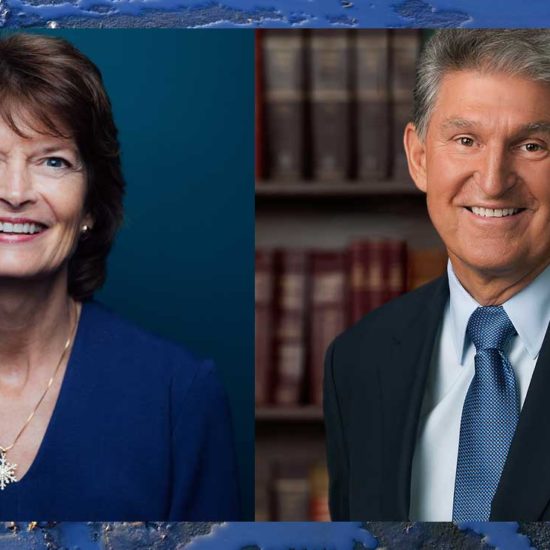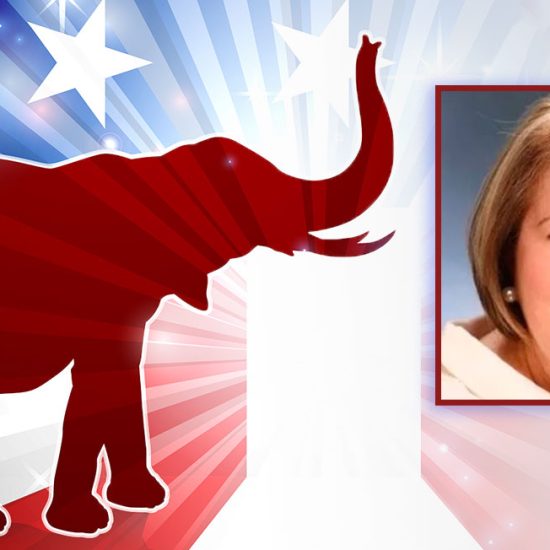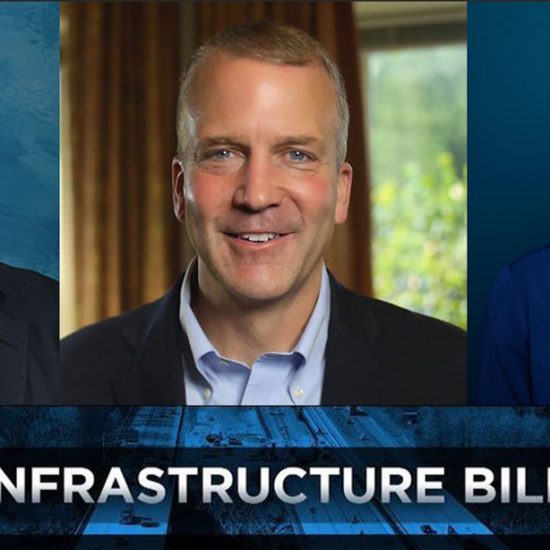Eugene: Amy, let’s recap your recent Juneau visit. I understand you spend two or three days there now, and I’d like to pull out some final thoughts. I only have three questions for you this time, but please go into detail. First, how would you frame your overall objective for going to the capital?
Amy: My goal was multi-faceted. First and foremost, I brought the message that I heard numerous times from many that I represent in Chugiak-Eagle River: Alaskans want to see substantial cuts to government before any new taxes, or tapping into the permanent fund dividend.
The main cost drivers, being education and Medicaid funding, need foundational changes, and Medicaid needs reform. Alaskans want to see a targeted, affordable, budget designed for the long term.
Second, it was also important to educate lawmakers on the significant tax increases that Anchorage taxpayers are going to be facing on a local level. The Berkowitz administration has increased property taxes, from the operating budget alone, $11.4 million, that’s a 4.3% increase in property taxes (and that is before we add any bond spending—bond debt is outside of the tax cap).
The major take away from residents I’ve talked to is their concern that they are about to see the most significant tax hikes in several years. Local taxes are going up, the Governor is proposing an income tax, a sales tax, a plan that will likely mean the end to the PFD within a few years, health care premiums have skyrockets (tripled in many cases), and the Affordable Care Act taxes (aka ObamaCare) are going to hit in 2017.
Alaskans are not saying they won’t pay for services, but they are saying that those services should be limited, and they want to see substantial cuts and reforms before any new taxes or PFD spending is implemented. I conveyed that message to all those I met in Juneau.
Eugene: You’ve hit it on the head of the nail. You’re right. Taxes will be going up, the writings on the wall, so we must have slimmer spending. Thanks for sharing that message down there. My second question, what do you see as the largest obstacles to fixing our budget crisis, to reaching some of the goals you articulate?
Amy: Special interests. Governor Walker. And maybe even some in House Leadership. There is no question, in politics, the old adage holds true most of the time: follow the money.
As I walked the halls and saw the lobbyists and special interests, one thing is obvious to me: many of those pushing to spend the permanent fund this year are directly going to benefit monetarily.
Another thing that is clear: when people push for a rushed solution be cautious.
My take away, this problem won’t be solved in one year. Actual legislation will be needed to foundationally change government funding for education and Medicaid.
Additionally, the reason some are pushing so hard for a complete solution this year, is because once the voters of Alaska realize that Walker’s plan is a bust, they will be paying more for less (or more for the same services), the special interests will have no chance to spend the PFD for their benefit. And when I say special interest, I don’t mean oil companies (I didn’t see them in Juneau this trip), but GCI and public unions had a noticeable presence in Juneau this year. Follow the money.
It is obvious to me that most legislators do not view Walker’s plan as feasible. The sense I got is that the Governor’s plan isn’t a solution; rather, it delays the inevitable need for a long term solution and will eliminate the Permanent Fund Dividend in just a few years.
With that said, the second disturbing theme I noticed was a disconnect between House members and some in leadership. Specifically, I didn’t leave Juneau with a sense that House Finance Co-Chair Neuman has not been able to give specific guidance, or a clear target, to members of the House Finance Committee.
I received many comments from different people in Juneau that they haven’t been given direction. And in fact, last year, I was told that Representative Wilson actually was counseled because she cut more than she was told to cut.
My analysis is that if the substantial cuts that Alaskans are asking for do not materialize, it isn’t because House members didn’t try, rather it will be because leadership wouldn’t allow it. Ultimately, the level of cuts and outcome of the budget will rest on Speaker Chenault’s shoulders. If we don’t have the cuts needed, I think that decision will be his to own.
On the bright side, I was very impressed with a number of legislators that are moving forward with Medicaid reform, and evaluating how to address the foundational costs of education and Medicaid, which are the biggest portion of the budget.
I had fantastic discussions with so many legislators that I lost count. But, as I left Juneau a number of them stood out as willing to go on the record and support substantial cuts, or articulate a budget level between $4.2-$4.5 billion (far lower than Walker’s budget that is over $5 billion and increased spending over last year).
Senators Kelly, Dunleavy, MacKinnon, and Stoltze were all very candid about the budget situation and seemed focused on the task at hand. On the House side, Gattis, Hughes, Johnson, Tilton and Reinbold expressed no hesitation to me about meaningful cuts. That being said Saddler was elbow deep in the Health & Human Services budget when I spoke with him; no easy task considering that is one of, if not the, biggest budget.
Eugene: That’s a tough indictment on the House leadership. Without leadership clear on its targets, well… That’s a whole other discussion. My last question is, did you see or sense that there is a germination of seeds of consensus between the two sides of the aisle, between the Democrats and the Republicans on the budget?
Amy: As with politics in Juneau, there are some Democrats that are actively engaged and working with the majority caucuses, but at this point I don’t think there is a clear direction on what the solution is going to look like.
Thus, before the House Republicans bring the Democrats into the fold, I think they need consensus within their own ranks. Hopefully, this year won’t be a repeat of last year when the Democrats held the budget hostage in exchange for more spending.
I suggest Alaskans concerned about spending focus their phone calls to two members of the House Leadership: Mark Neuman and Mike Chenault.
Eugene Harnett is editor of APEonline.org and Amy Demboski is a member of the Anchorage Assembly.











